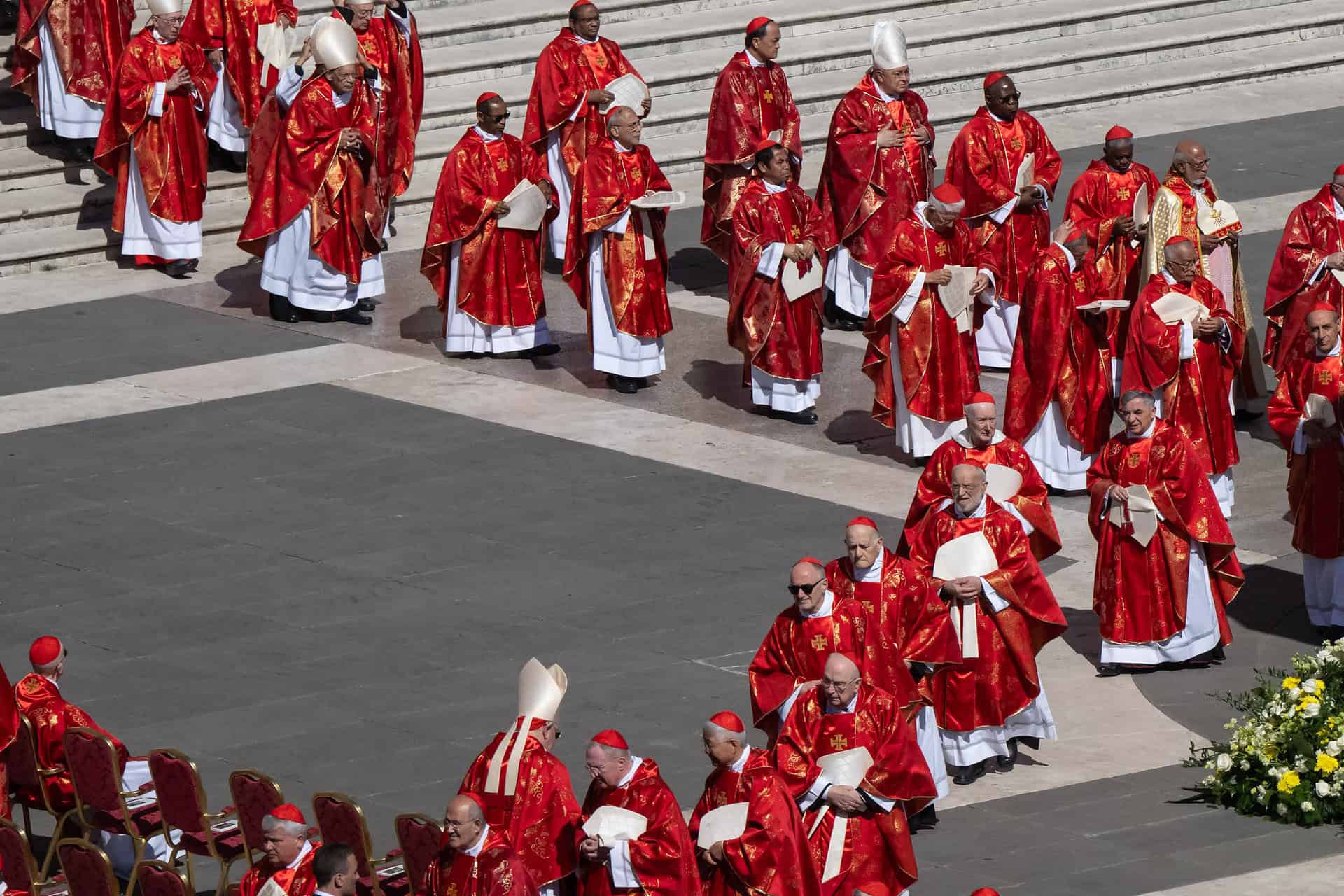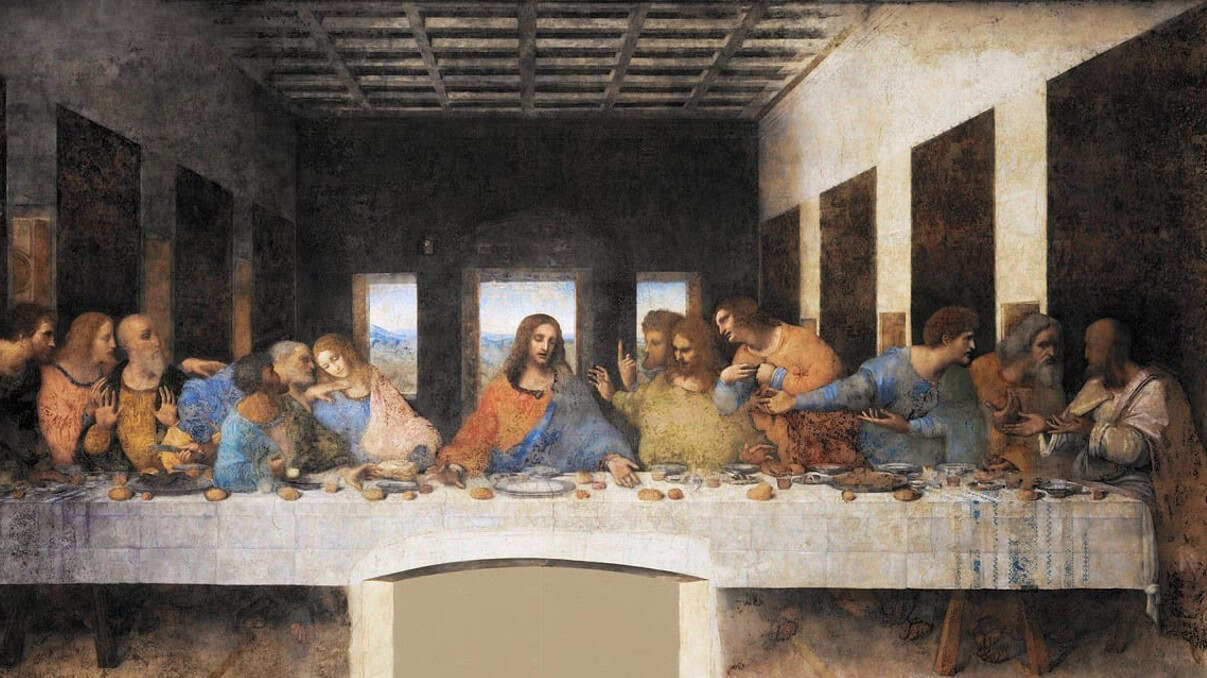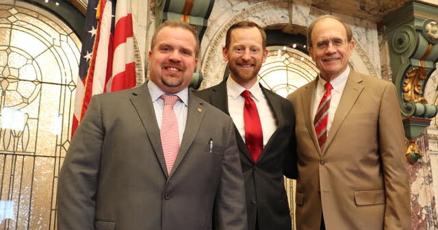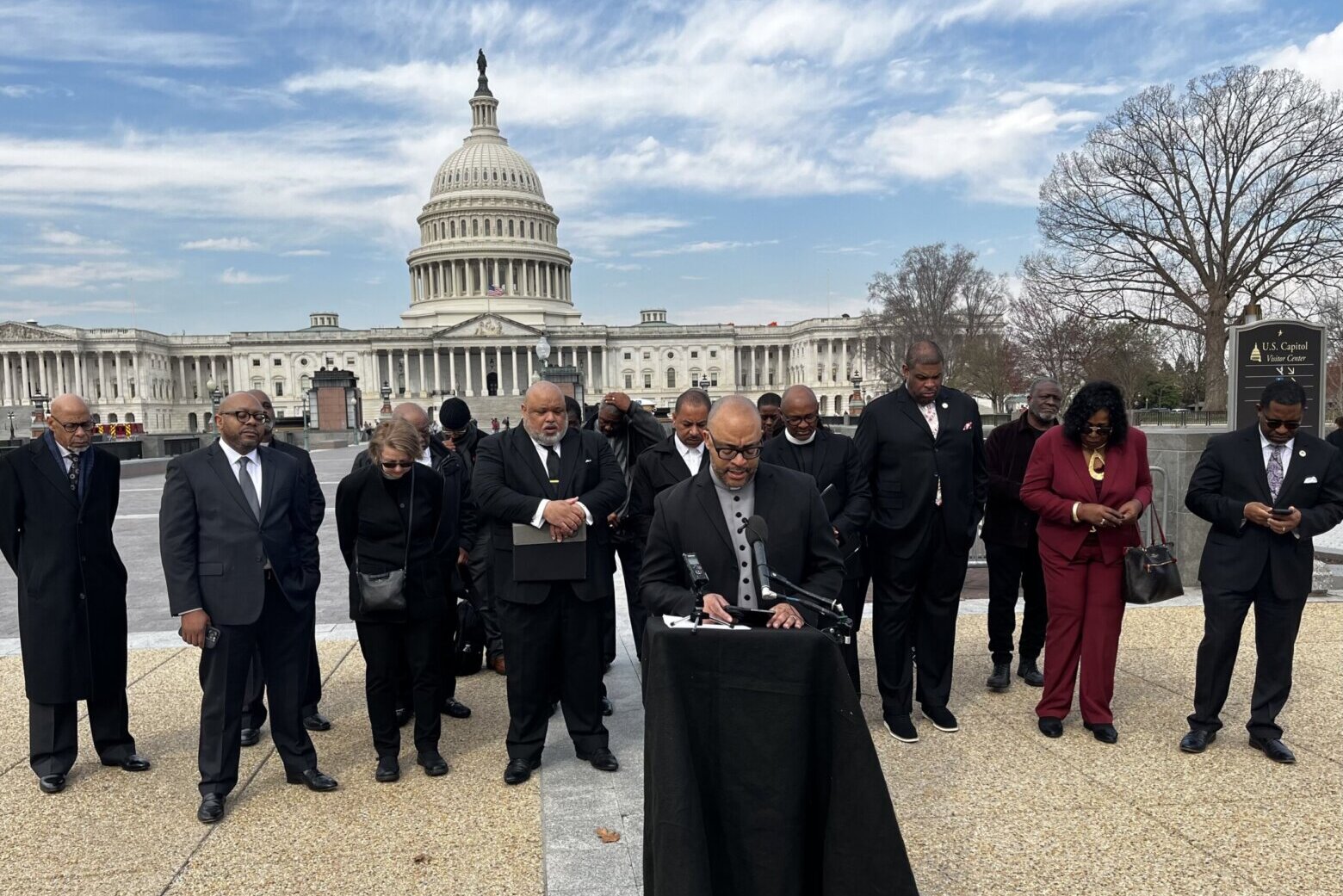Lottery Shutdown: How Syria's New Regime is Reshaping Faith and Finance
Religion
2025-04-14 14:40:00Content

The decision to shutter Syria's national lottery appears to defy economic reasoning, particularly in a time when the nation desperately needs every potential revenue stream. While financial prudence might suggest maintaining such a source of income, the closure seems more deeply rooted in religious considerations.
The underlying motivation appears to stem from Islamic principles that traditionally view games of chance as incompatible with religious teachings. Despite the potential economic benefits and much-needed financial relief for the state, theological interpretations seem to have taken precedence over fiscal pragmatism.
In a context of ongoing economic challenges, eliminating a potential income source raises significant questions about the balance between religious doctrine and economic survival. The lottery's closure underscores the complex interplay between religious beliefs and economic policy in Syria, highlighting how cultural and spiritual considerations can profoundly influence financial decision-making.
Syria's Lottery Shutdown: A Controversial Economic and Religious Crossroads
In the complex landscape of Syria's economic challenges, a recent decision to close the national lottery has sparked intense debate, revealing the intricate interplay between financial necessity and religious interpretation. This unexpected move highlights the delicate balance between economic survival and cultural-religious principles in a nation grappling with unprecedented economic pressures.Unraveling the Economic and Spiritual Tensions Behind Syria's Gambling Dilemma
The Financial Implications of Lottery Closure
The Syrian government's decision to terminate its national lottery represents a profound economic paradox. At a time when the country desperately requires diverse revenue streams, eliminating a potentially lucrative financial mechanism seems counterintuitive. Economic analysts argue that the lottery could have generated substantial income, providing critical funds for infrastructure reconstruction and social welfare programs in a nation devastated by prolonged conflict. The potential revenue loss extends beyond immediate monetary considerations. The lottery represented more than just a gambling platform; it was a complex economic instrument that could have stimulated economic activity, created employment opportunities, and generated tax revenues. By abruptly shutting down this financial channel, the government potentially undermines its own economic recovery efforts.Religious Perspectives on Gambling and State Policy
Islamic theological interpretations play a pivotal role in this controversial decision. Traditional Islamic jurisprudence generally views gambling as prohibited, considering it a form of economic transaction that introduces elements of uncertainty and potential harm. The lottery's closure can be seen as a manifestation of strict religious adherence, prioritizing spiritual principles over immediate economic pragmatism. However, this perspective is not monolithic. Progressive Islamic scholars argue for nuanced interpretations that consider contemporary economic realities. They suggest that regulated gambling mechanisms, when structured transparently and with clear social benefits, might be permissible under specific circumstances. The Syrian government's decision reflects a more conservative theological stance.Socioeconomic Consequences of the Lottery Shutdown
The lottery's termination carries profound socioeconomic implications for Syrian citizens. In an environment characterized by economic instability and limited opportunities, such financial mechanisms often represent hope for economic mobility. Many citizens viewed the lottery as a potential pathway to financial transformation, however slim the chances. The shutdown disproportionately impacts lower-income populations who might have seen the lottery as a rare opportunity for economic advancement. This decision potentially exacerbates existing economic disparities, creating additional psychological and financial strain on a population already experiencing significant hardship.Comparative International Perspectives
Internationally, Syria's approach stands in stark contrast to many nations that view state-regulated lotteries as legitimate revenue generation tools. Countries worldwide utilize lottery systems to fund public infrastructure, education, and social welfare programs. Syria's decision reflects a unique intersection of economic constraint and religious conviction. Comparative analysis reveals that nations facing similar economic challenges often maintain lottery systems as critical financial instruments. The Syrian government's divergence from this approach underscores the distinctive role of religious interpretation in policy-making, a characteristic deeply embedded in the region's sociopolitical landscape.Future Economic Strategies and Potential Reconsiderations
As Syria continues navigating its complex economic reconstruction, the lottery shutdown represents more than a singular policy decision. It symbolizes broader discussions about balancing religious principles with economic pragmatism. Future policy considerations will likely involve extensive deliberations among economic experts, religious scholars, and government strategists. The potential for policy reversal remains open, contingent upon evolving economic conditions and potential reinterpretations of religious guidelines. Syrian policymakers may need to explore innovative approaches that harmonize spiritual principles with urgent economic necessities.RELATED NEWS
Religion

Faith in the Classroom: Texas Lawmakers Reignite Debate on Christian Teachings and Biblical Law
2025-03-18 14:54:08
Religion

Uniform Law Vision: Ramdev Advocates for Constitutional Harmony Across Religious Boundaries
2025-04-06 19:21:10
Religion

Faith in Focus: Global Religious Trends Reshape Spiritual Landscapes in May 2025
2025-04-30 22:09:05





